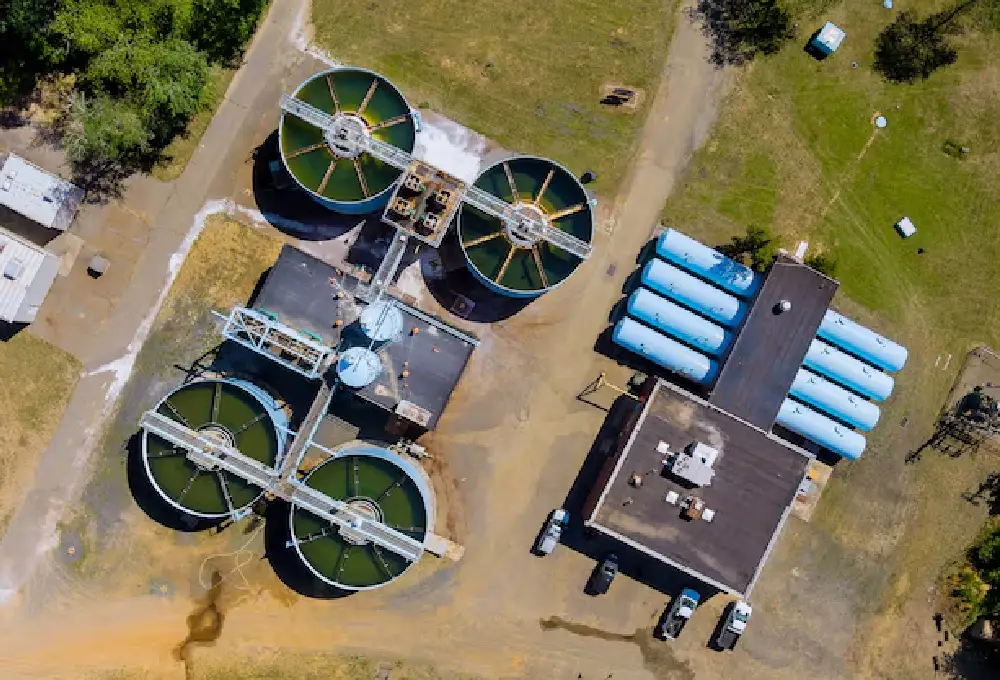We live in a world increasingly dominated by technology and urban sprawl. In contrast, Off-Grid Living offers simplicity, self-sufficiency, and a deeper connection with nature. You could wake up to the sound of birds rather than cars, and draw water from a nearby stream. This article provides a comprehensive guide to Off-Grid Living.
Choosing The Right Location
Ideally, you should look for land that balances accessibility and seclusion. Proximity to resources like fresh water and fertile soil is essential. Ensuring some level of distance from urban areas can provide extra privacy. Hills may offer stunning views, but could complicate solar energy harvest or access during heavy storms.
In this digital age, having reliable internet connectivity (even in rural locales) is crucial for maintaining ties with family and friends. This also expands your access to online resources about sustainable practices and self-sufficiency tips.
Energy Solutions
Solar energy remains a popular choice, and technological advancements have made solar panels more efficient and affordable than ever. Bifacial panels capture sunlight on both sides, maximizing energy output (even in shaded areas). You can pair these with smart battery storage systems. These setups ensure a consistent power supply, regardless of changing weather conditions.
In terms of wind energy, small-scale turbines (tailored for residential use) can generate substantial electricity. They also complement solar systems during turbulent weather. You could also look into geothermal heating or bioenergy from organic waste. Should you need Cheap Heating Oil, specialist websites can provide instant free quotes and discuss bulk fuels and fuel cards. Some companies offer remote tank monitoring services and tank volume calculators to help you.
Essential Skills And Tools Needed
Self-sufficiency hinges on practical knowledge like gardening and permaculture. By cultivating your food, you reduce reliance on external systems. Companion planting techniques or integrated pest management can elevate your yields while promoting an eco-friendly environment. Skills in food preservation (e.g. canning, fermenting, and dehydration) can ensure you enjoy the fruits of your labor, long after harvest season ends.
Effective communication skills can help you build relationships with neighbors—even those who remain grid-connected. This can create a support network for skill-sharing and emergency assistance when needed. Besides power tools, you’ll need manual items such as axes, hand saws, and shovels. Regular care for these implements will extend their lifespan and enhance performance. If you learn basic mechanical repairs, you can troubleshoot various equipment issues without professional help.
Water Sourcing And Filtration Options

Rainwater harvesting involves capturing water from rooftops and putting it into storage tanks to provide a steady supply. It can significantly reduce reliance on well systems or municipal sources. To maximize this method, install an efficient guttering system and use first-flush diverters. They’ll ensure cleanliness by avoiding initial contaminants during rainfall. If rainwater is scarce or irregular in your area, consider alternative options like digging a shallow well or utilizing natural springs.
Drilling deep wells requires careful planning and investment, but can yield reliable aquifers. Regardless of your sourcing choice, implement robust filtration systems (e.g. UV purifiers or ceramic filters) to ensure water safety. These methods effectively eliminate harmful pathogens and particulates, while preserving essential minerals. This will allow you to enjoy clean drinking water, without resorting to chemical treatments.
Waste Management
Without access to conventional waste services, individuals must rethink their relationship with trash. They should prioritize cyclical systems that benefit the environment and their health. Composting transforms food scraps into nutrient-rich soil. You can complement this with vermiculture, using worms to accelerate decomposition and maximize resource efficiency.
In terms of recycling, you could repurpose materials like glass and metal. This could lead to stunning handmade projects or functional tools, saving money while minimizing environmental impact. Adopting a zero-waste philosophy encourages careful consumption habits. Each item brought into an Off-Grid Living lifestyle should be scrutinized for its longevity and necessity.
Sustainable Food Production Techniques
Regenerative agriculture focuses on building soil health through practices like cover cropping, crop rotation, and agroforestry. These methods enhance biodiversity and improve water retention. This ultimately leads to more robust harvests, while sequestering carbon in the ground (to reduce environmental impact).
By observing and working with local landscapes, you could create self-sustaining gardens. These can yield vegetables and fruits year-round while requiring minimal inputs. Vertical farming techniques combined with aquaponics can further amplify these efforts.
Before you transition to Off-Grid Living, thoroughly research the legal considerations. A successful outcome will combine self-sufficiency with environmental stewardship. Remember to continually educate yourself and connect with others in the community. This is essential for shared knowledge and support as you adopt this exciting new lifestyle.